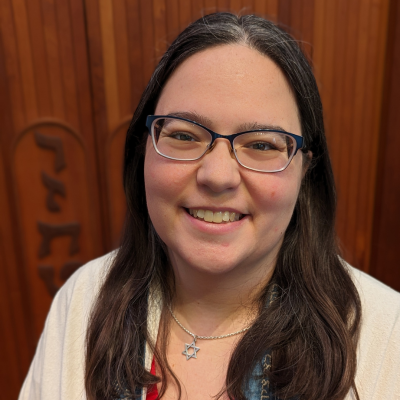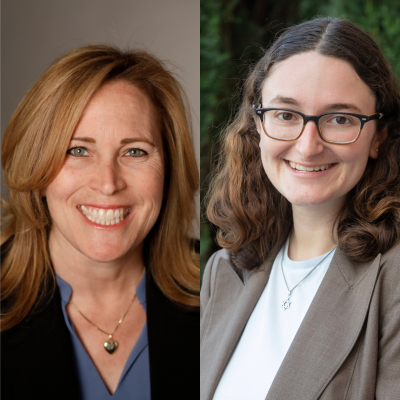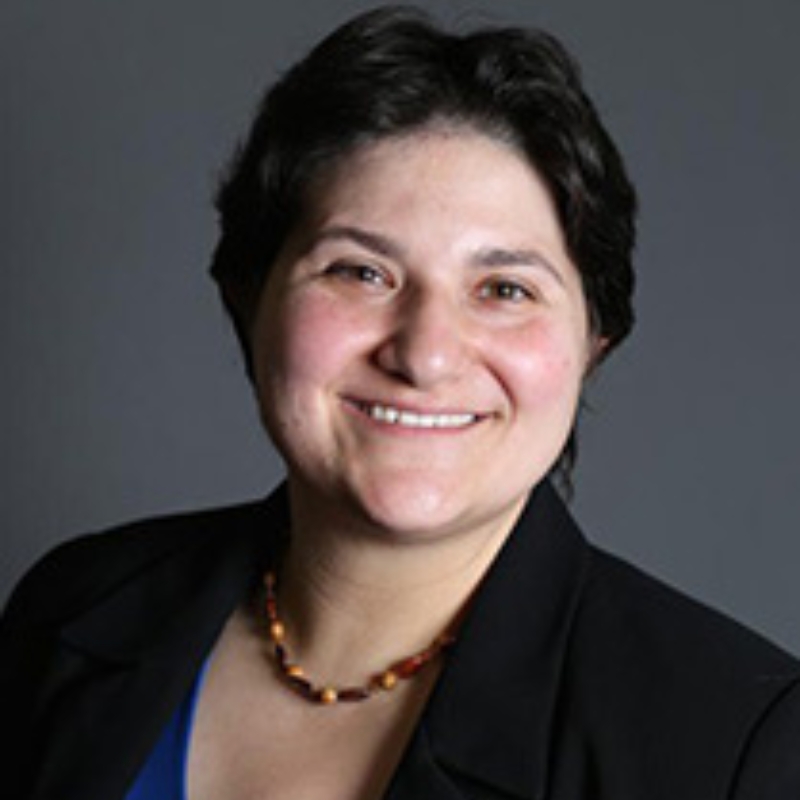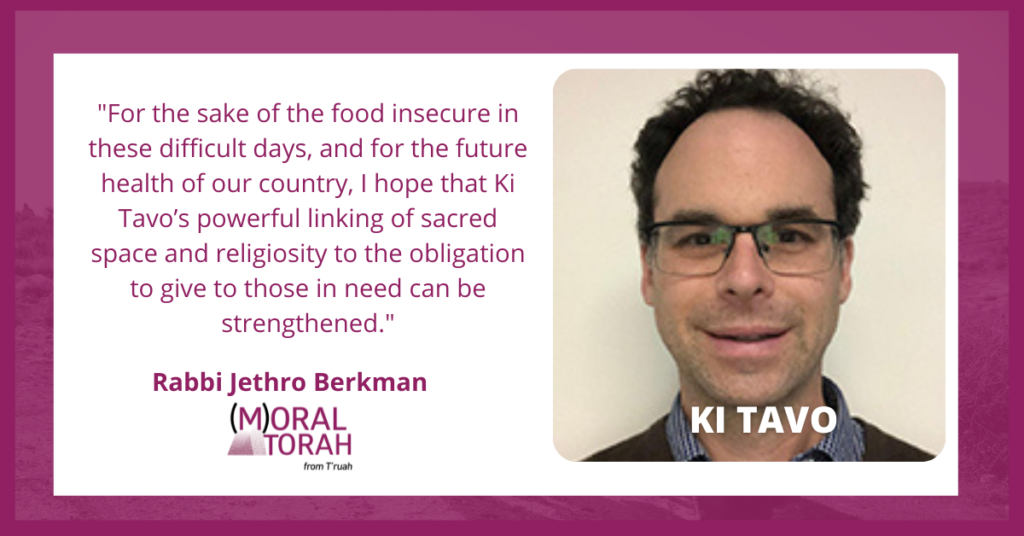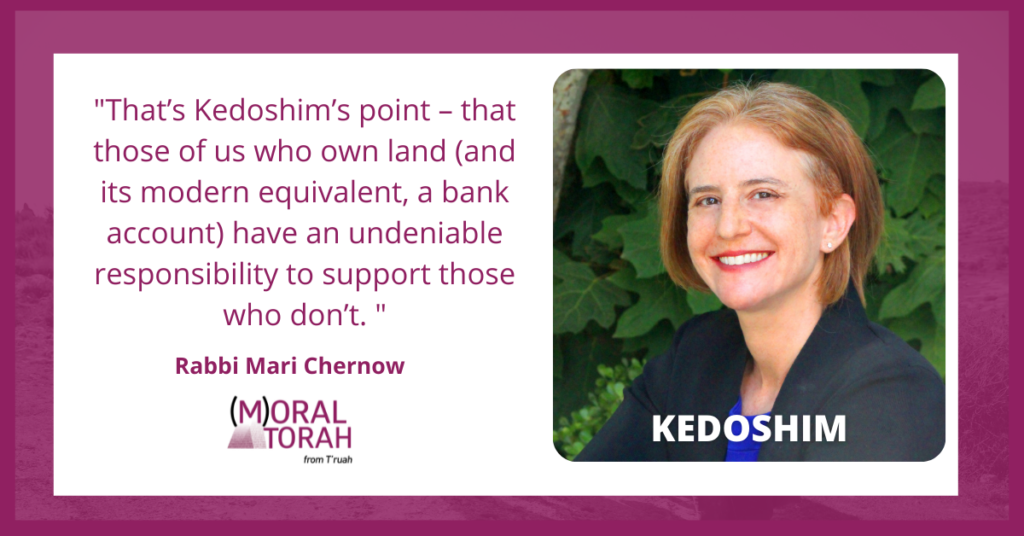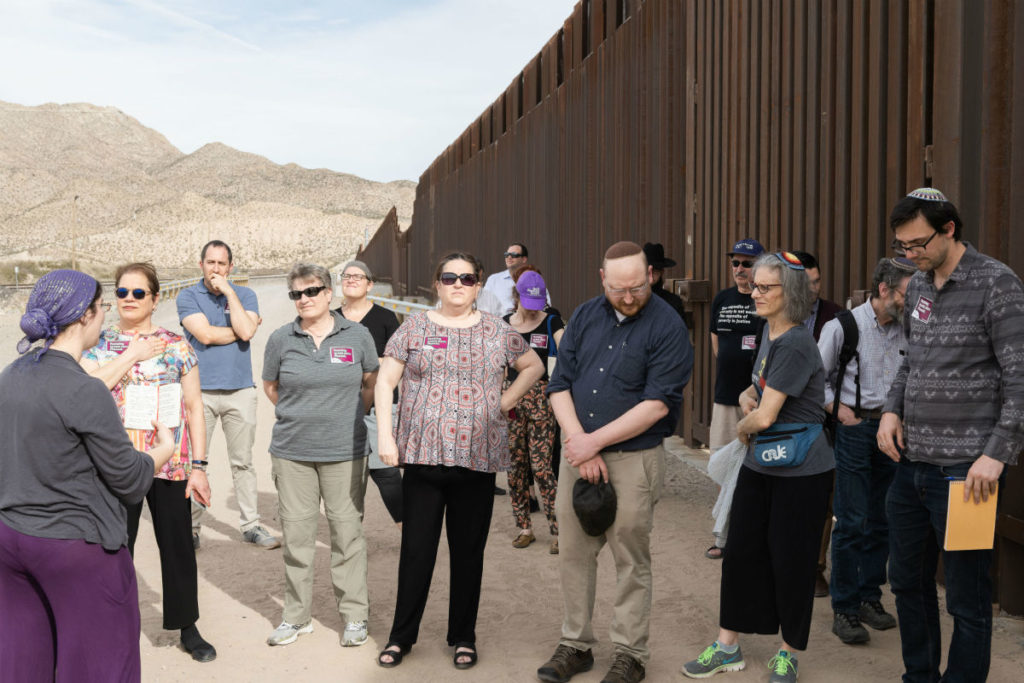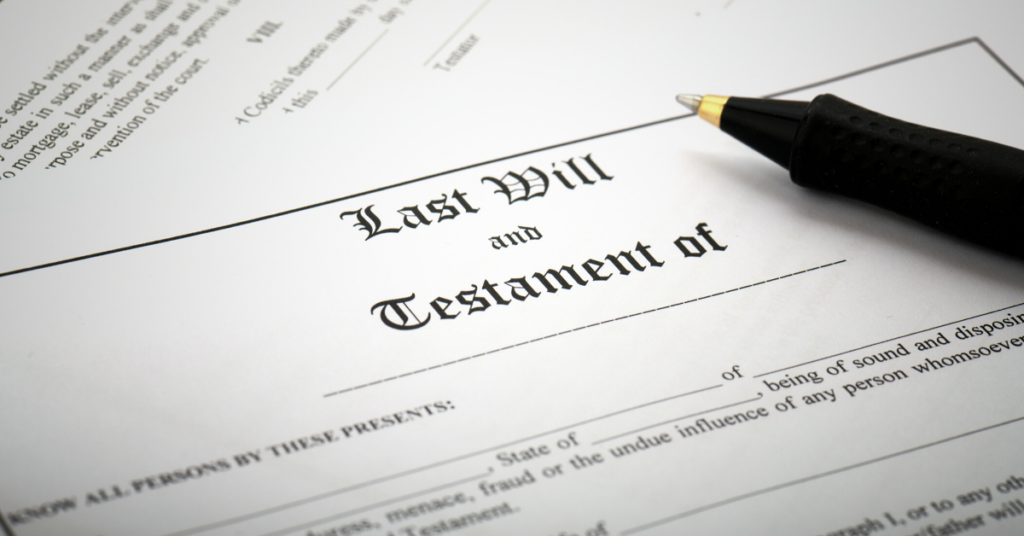
To Transform Our Economic System, We Need to Challenge Inheritance
Mahlah, Noa, Hoglah, Milcah, and Tirzah, the daughters of Zelophehad, recognize and name another crisis, which is that the inheritance laws are set so that families with only daughters are unable to inherit land and instead their families lose their access to land. The five women respond powerfully to the crisis of their father’s death, and a structural shortcoming, with an eye towards intergenerational shifts rather than short-term reform.
read more

